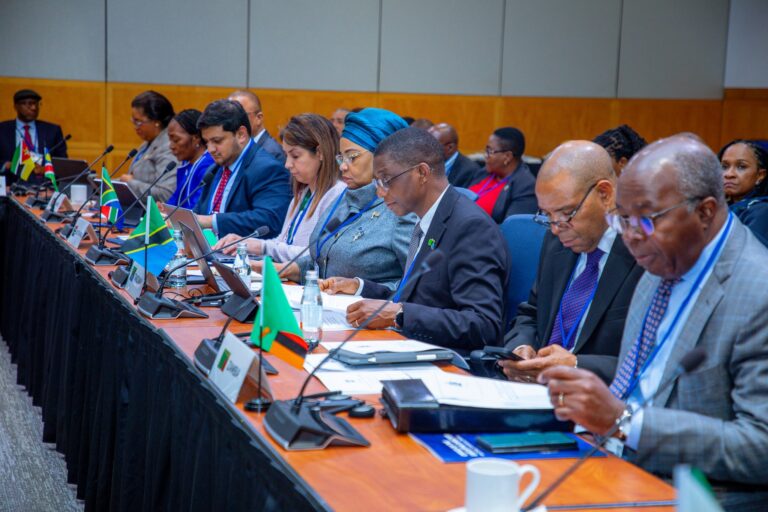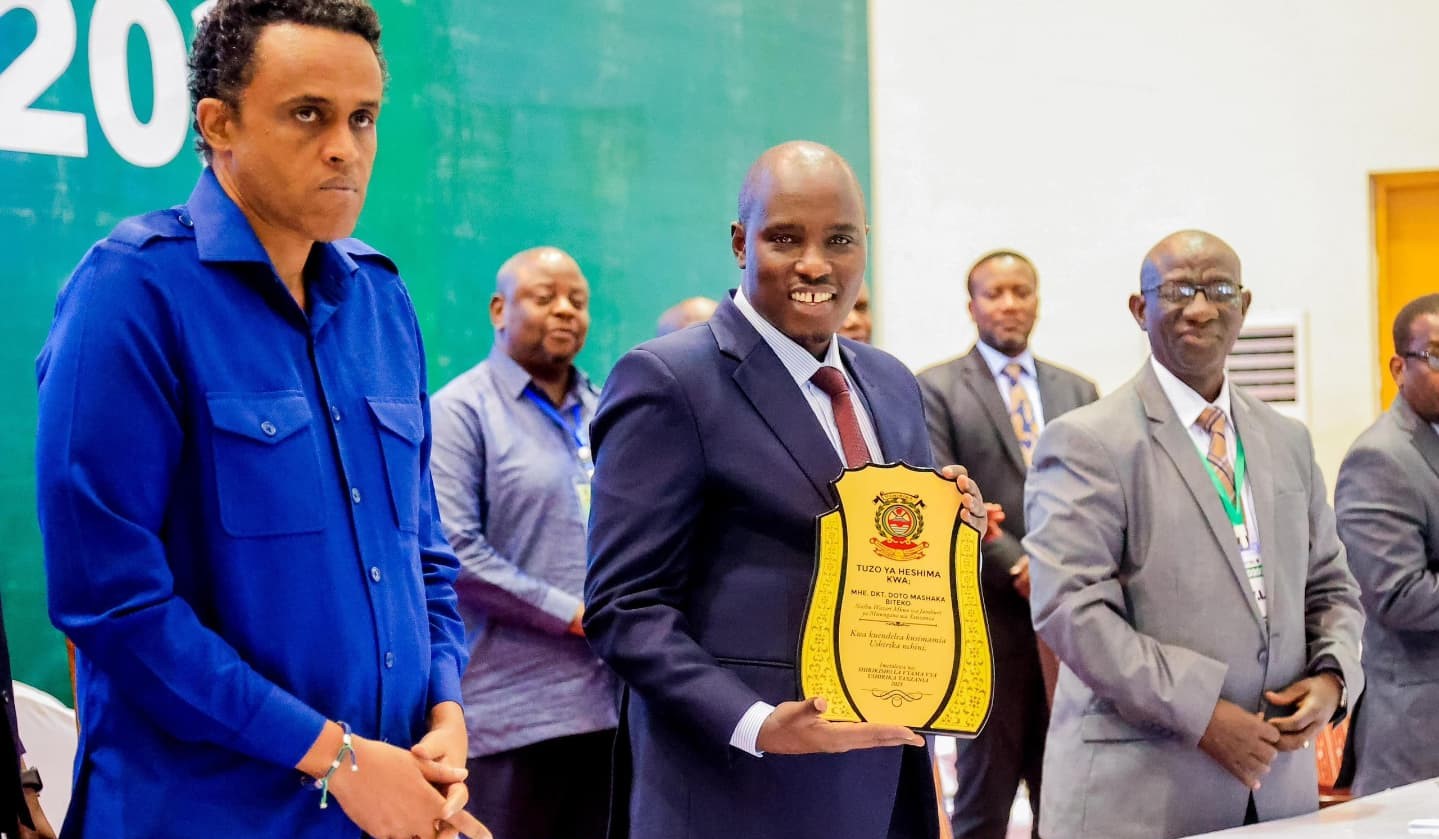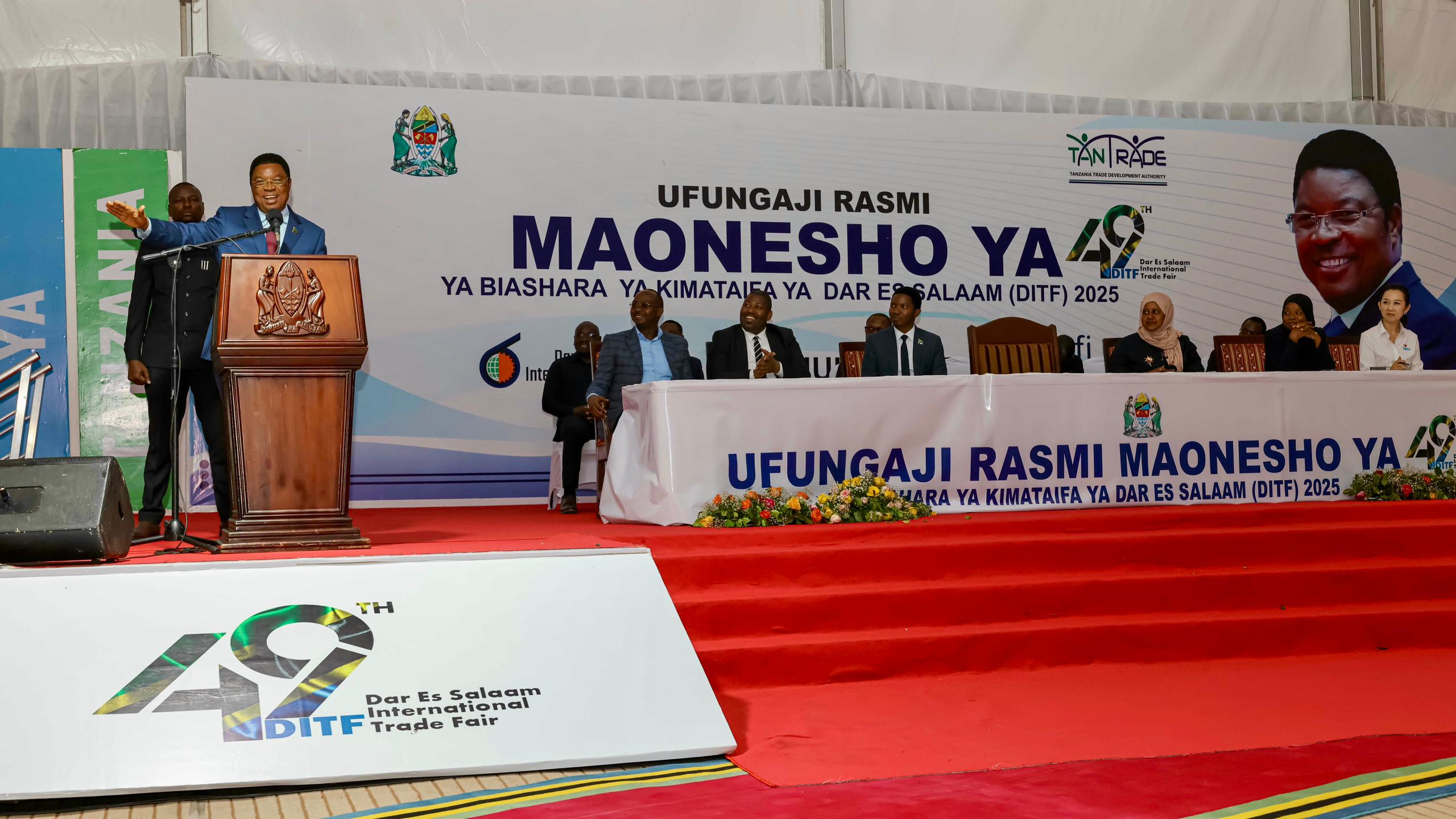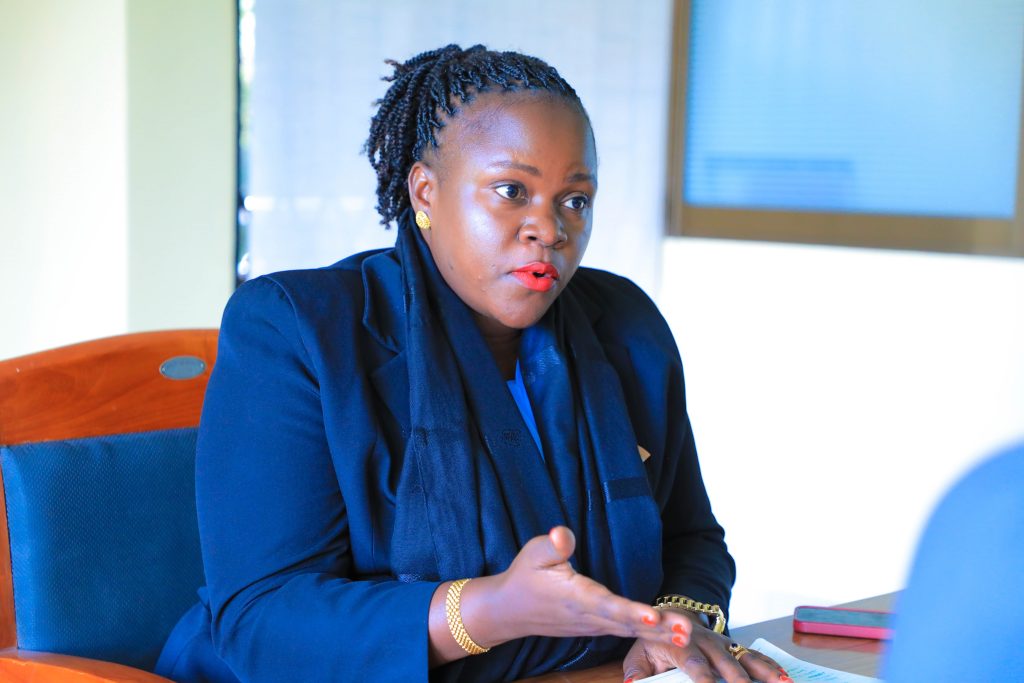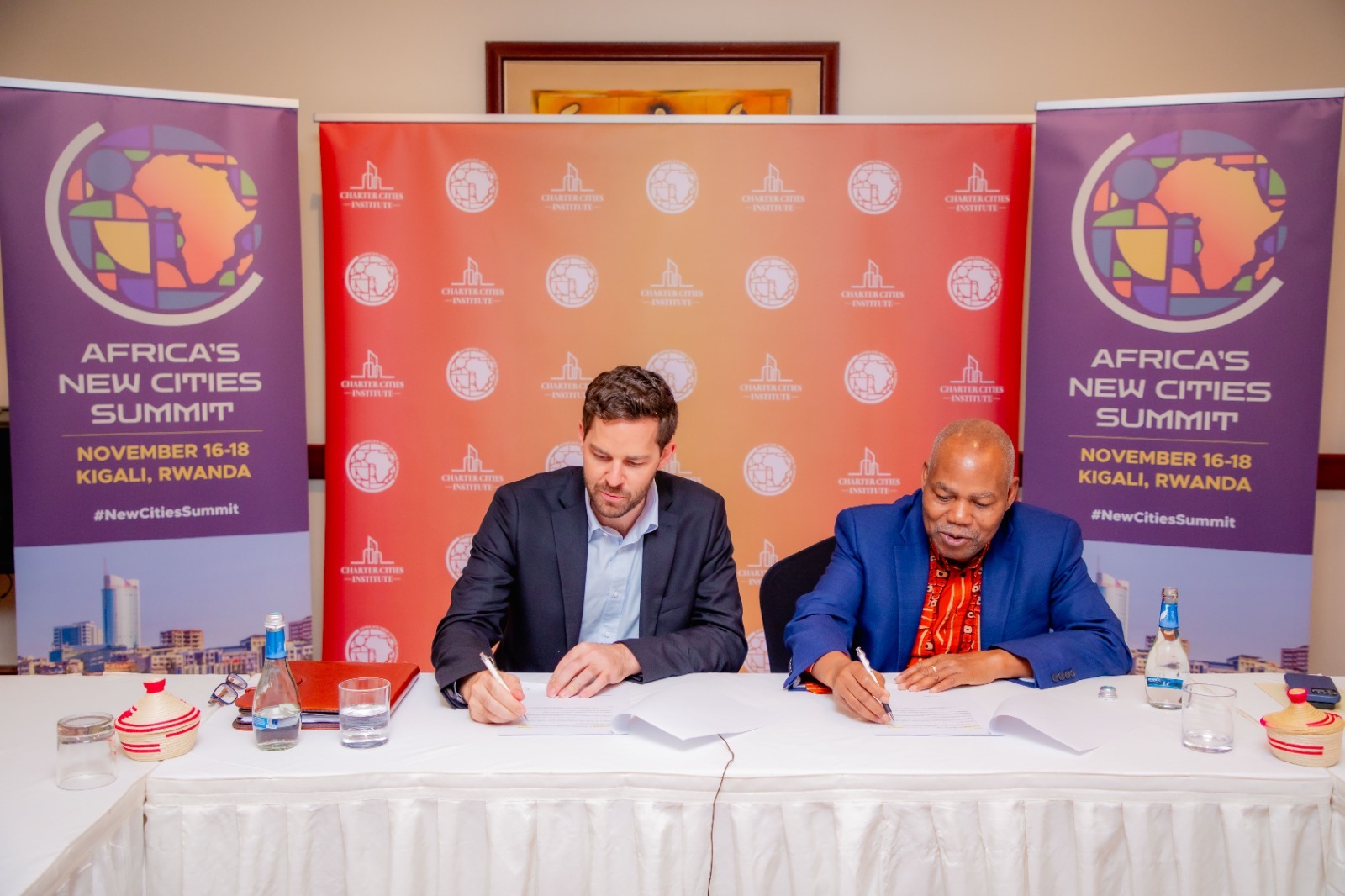Washington. Fourteen Sub-Saharan African countries belonging to the International Monetary Fund’s (IMF) Africa Group I Constituency have agreed to strengthen strategies that promote private sector investment and improve domestic revenue collection systems in response to dwindling access to concessional loans and development aid.
The commitment was made during the 52nd Policy Dialogue of the Africa Group I Constituency, held on the sidelines of the IMF and World Bank Annual Meetings in Washington, US.
The Africa Group I Constituency of the IMF comprises 14 member countries, Angola, Tanzania, Botswana, Comoros, Eswatini, Lesotho, Madagascar, Malawi, Mauritius, Mozambique, Namibia, South Africa, Zambia, and Zimbabwe.
Speaking during and after the meeting, Tanzania’s Head of Delegation to the 2025 IMF, World Bank Annual Meetings and Permanent Secretary in the Ministry of Finance, who also serves as the Paymaster General, Dr Natu El-Maamry Mwamba, said the agreement seeks to enhance access to financial resources needed to accelerate economic growth and improve citizens’ livelihoods.
She said a report presented by the IMF Executive Director representing Africa Group I, Mr Adran Ubisse, indicated that Tanzania is performing well in strengthening budget transparency and building robust domestic revenue systems—an effort expected to reduce reliance on external loans and grants.
Dr Mwamba noted that Tanzania has maintained macroeconomic stability and a sustainable public debt trajectory through prudent fiscal management underpinned by well-coordinated financial and economic policies.
“In the medium term, we are continuing to implement fiscal consolidation policies that emphasise inclusive growth. These have been integrated into our programme with the IMF and are centred on enhancing domestic revenue mobilisation, as outlined in the Medium-Term Revenue Strategy, alongside innovation and efficiency in public expenditure,” said Dr Mwamba.
She explained that key reforms under implementation include broadening the tax base through digital tax systems, improving voluntary tax compliance, and strengthening local government revenue sources to promote fiscal decentralisation.
“The government continues to ensure that fiscal reforms are carefully sequenced to avoid undermining economic recovery momentum while safeguarding spending on social programmes and climate-resilient projects,” she added.
On regional collaboration, Dr Mwamba emphasised that IMF-supported initiatives should continue to play a catalytic role in mobilising affordable financing that enables African nations to withstand climate-related shocks.

